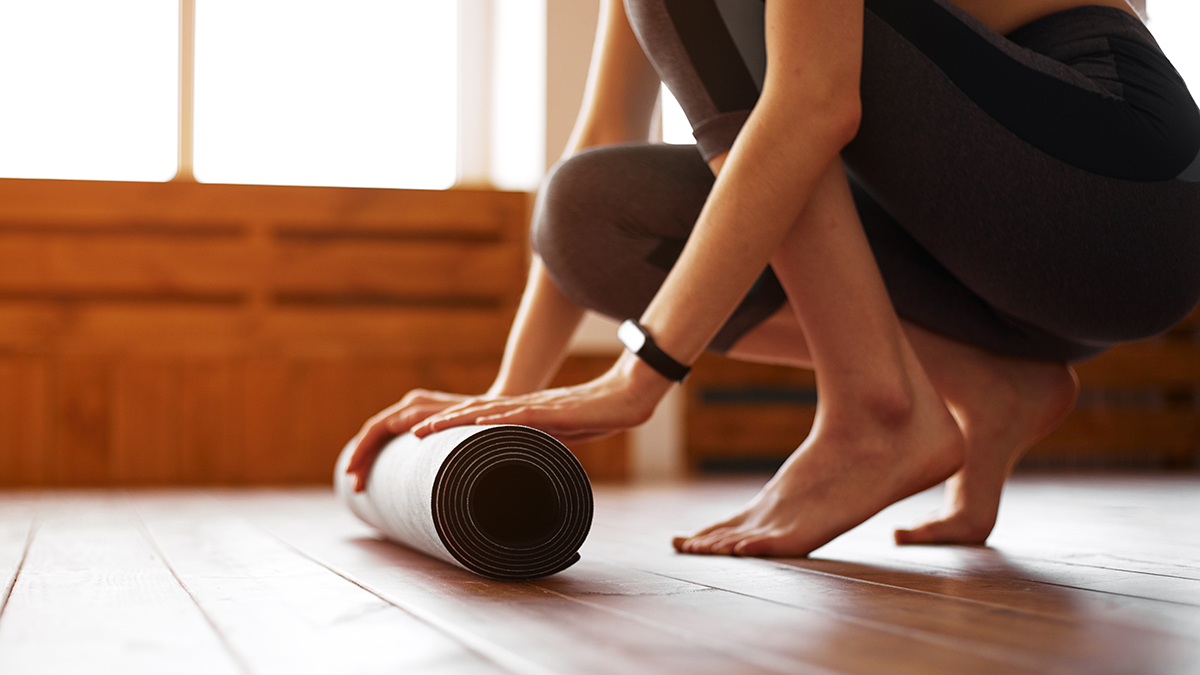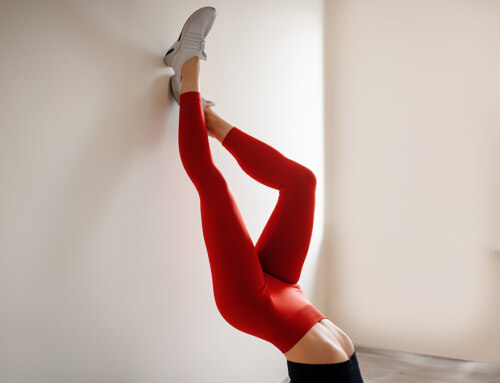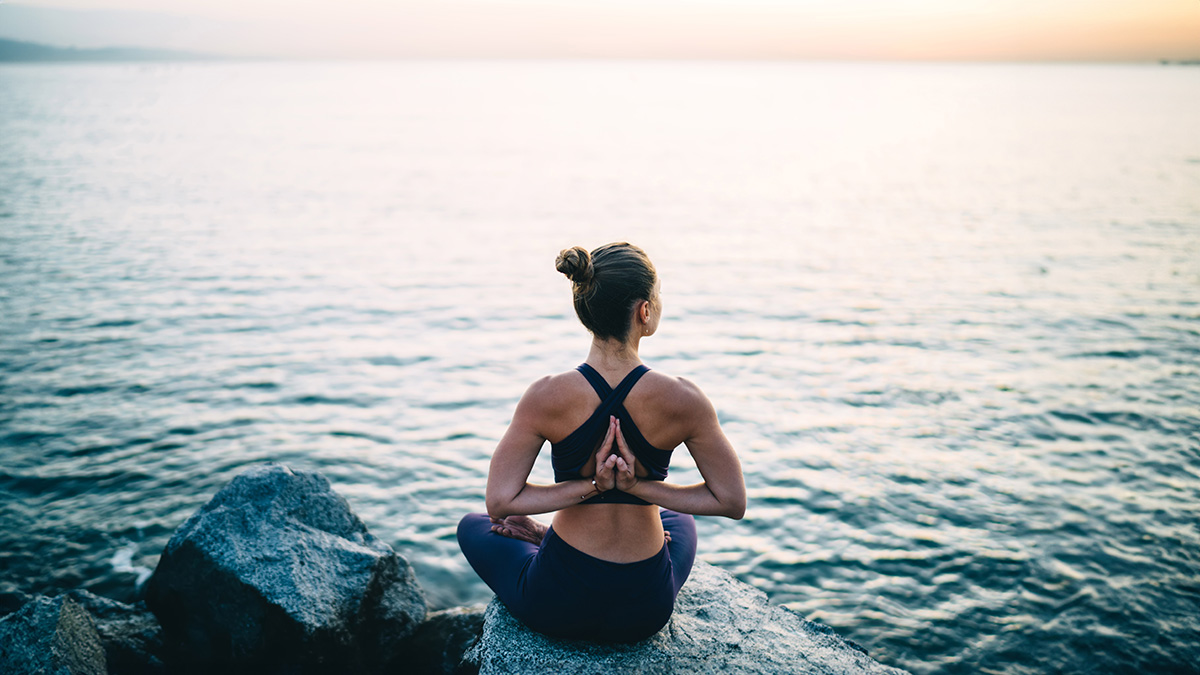When it comes to leading a healthy lifestyle, working out regularly is as important as a nutritious diet, good sleep hygiene, and a dose of fresh air every day. Since physical activity of any kind (whether it’s running, swimming, dancing, working out at the gym, or simply taking a walk a couple of times per week) is essential, the question is whether to incorporate it into your morning or evening routine.
Finding time to exercise at any part of the day will do good for your body and mind. However, there are a few differences between working out in the morning and working out in the evening. In this blog post, we will go through them to help you decide what suits your body (and your schedule!) best.
Contents
Benefits of Working Out in the Morning
Boosts Metabolism
Starting your day with a workout will kickstart your metabolism, helping you burn more calories throughout the day. As you engage in physical activity, your body expends energy to power the muscles, positively affecting your metabolic rate.
By regularly working out in the morning, your body starts to establish a consistent metabolic pattern, which increases its ability to utilize calories efficiently and can, over time, contribute to better weight management.
A study states that people who exercised before noon lost “significantly more weight” than those who exercised past 3 p.m. This can be especially beneficial if losing weight is one of your fitness goals.
Better Focus and Productivity
Working out in the morning not only wakens up the body but also your brain.
The increased blood flow and oxygen to the brain during exercise can sharpen cognitive function and improve your ability to concentrate, ultimately leading to better productivity.
Additionally, by being consistent with the morning workouts, you can build discipline and mental resilience, which can translate into more efficiency in various aspects of your life.
Improved Mood
When you commit to working out in the morning, you set a positive tone for the day, while decreasing your stress levels. During exercise, your body releases endorphins, often called the “feel-good” hormones, that can significantly boost your mood and reduce stress. The endorphins can, additionally, enhance your energy levels, positively impacting your productivity and overall well-being throughout the day.
Benefits of Working Out in the Evening
Increased Strength and Performance
Research suggests that our body’s strength and flexibility peak in the late afternoon and early evening due to body temperature, muscle flexibility, and hormone levels.
During this time, the body is already up and running with the day’s activities, the muscles are warmed up, and the joints are more flexible, which makes you capable of doing more challenging exercises and improving your muscle activation.
Working out in the evening uses the advantage of your body’s optimal state, which also makes your exercise more satisfying.
Additionally, when working out in the evening, it takes you up to 20% longer to reach the point of exhaustion.
Stress Relief
Whether you work out in the morning or the evening, your body will consistently release endorphins, the body’s natural feel-good hormones.
As mentioned, endorphins are crucial in reducing stress and elevating mood, regardless of the time of day.
However, evening workouts have an additional advantage in terms of stress relief.
After a full day of responsibilities, an evening workout can serve as a way to relax and release all the tension you accumulated throughout the day.
Better Sleep Quality
Working out in the evening can significantly improve the quality of your sleep because when exercising, the body’s temperature rises, triggering a natural cooling process after exercise. This cooling effect helps you fall asleep faster and achieve a deeper, more restorative sleep. The already mentioned relaxation from released endorphins also helps with the ability to unwind before bedtime.
*Note that it is suggested to exercise at least 1 to 2 hours before going to bed to allow the endorphin levels time to wash out and “the brain time to wind down.”
Additionally, the sense of accomplishment after completing the workout creates a positive mindset and a sense of self-esteem, which will help you feel good and translate that into a good night’s sleep.
So the Question Stays: Is It Better to Work Out in the Morning or at Night?
There’s no one-size-fits-all answer to whether it’s better to work out in the morning or evening. The best time to exercise ultimately depends on your preferences, schedule, and how your body responds to different times of the day.
If you’re a morning person and enjoy starting your day with a burst of energy, a morning workout might be the best fit for you. On the other hand, if you feel more energized and perform better in the evening, scheduling your workout then could be more effective.
In the end, the key to a successful working routine is being consistent, and the best way to do so is to find the time that aligns with your daily responsibilities so you can stay committed.





















I found that it’s best to mix it up depending on the day: if I feel like it in the morning, I’ll go for a run, but if I’m not up to it, I’ll do some stretching in the morning. After work, it also depends; I’ll hit the gym for an hour and half if the commute home hasn’t worn me out, or I’ll work out at home if I don’t go to the gym. I function best when I don’t have a rigid routine to adhere to.
Hi dear Claudia :)
Thank you for sharing your routine. As long as you feel good, keep doing it, it is all that’s important! <3